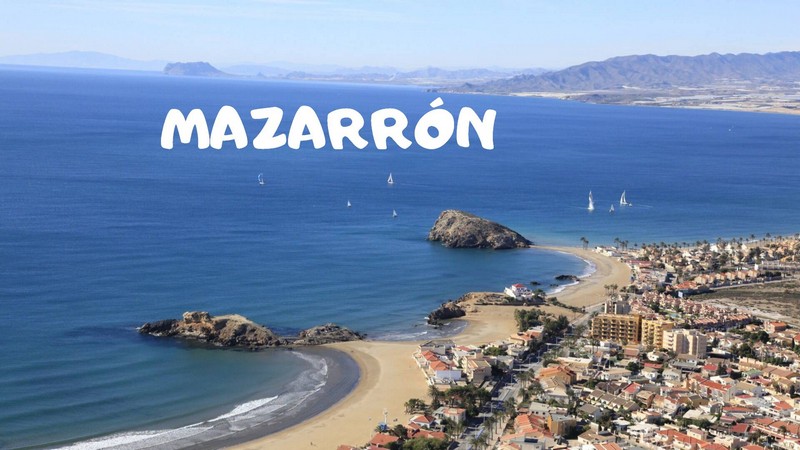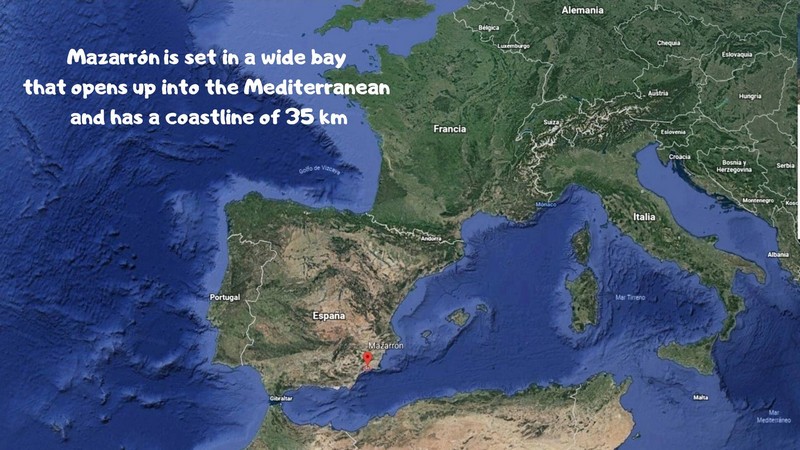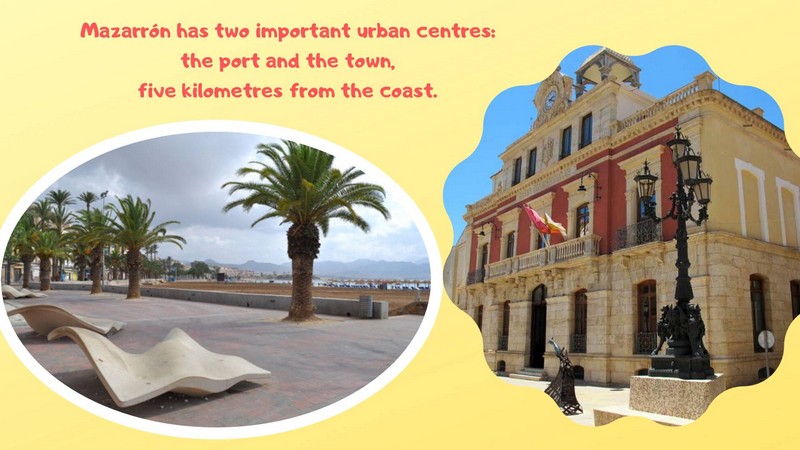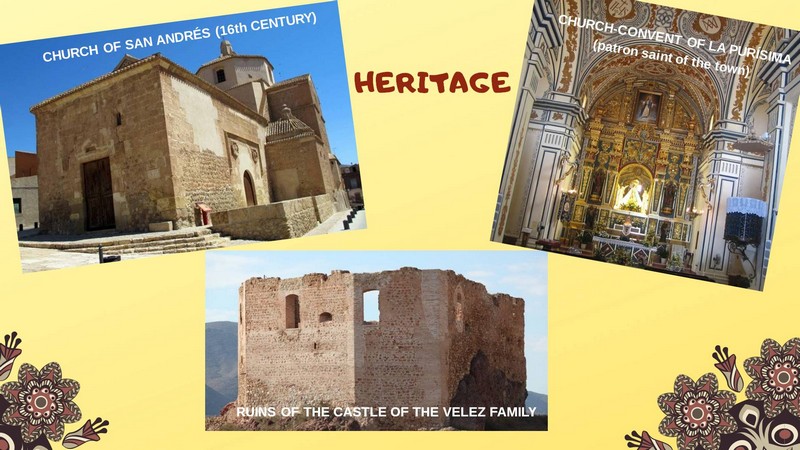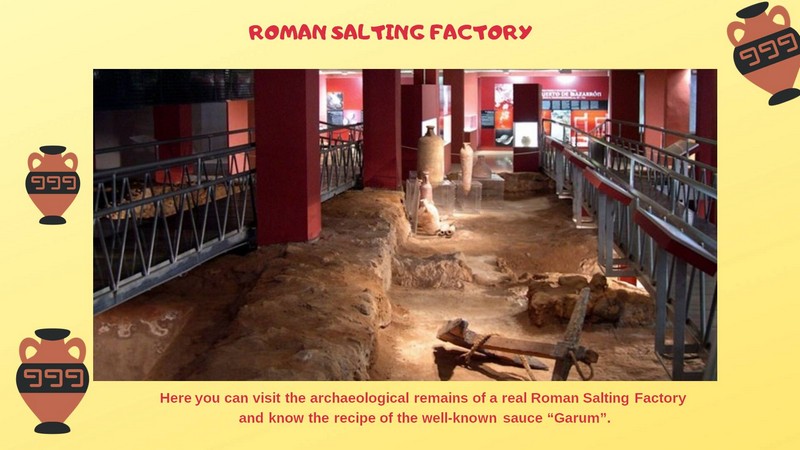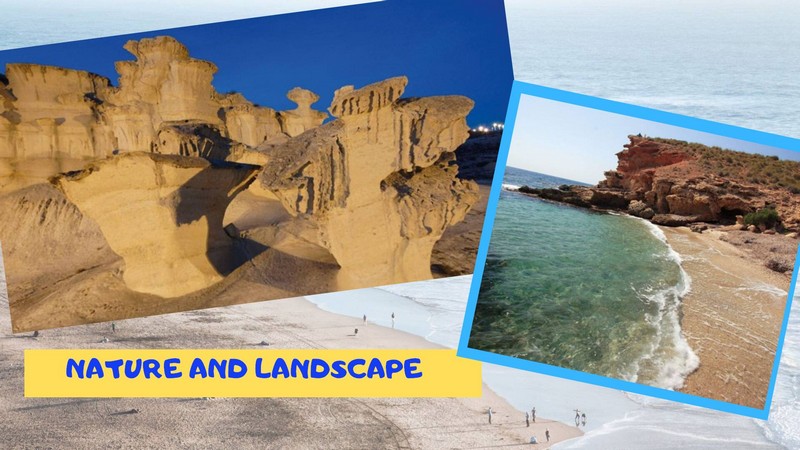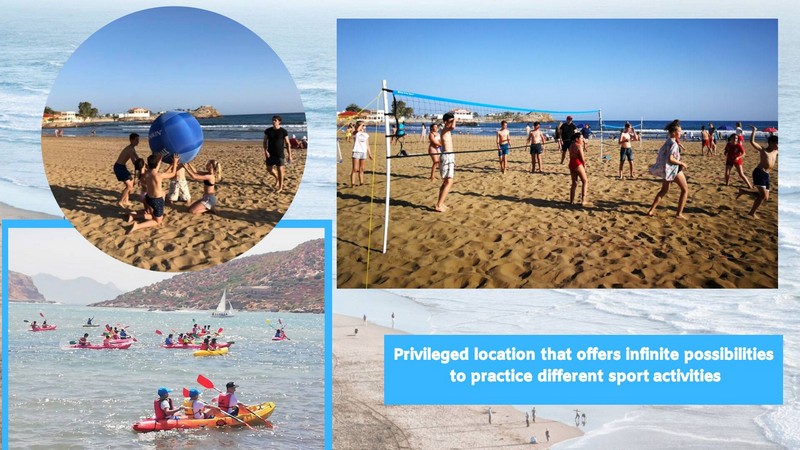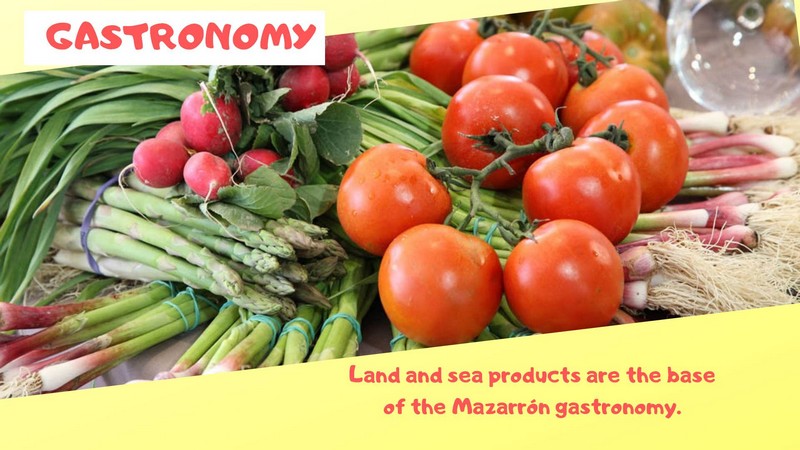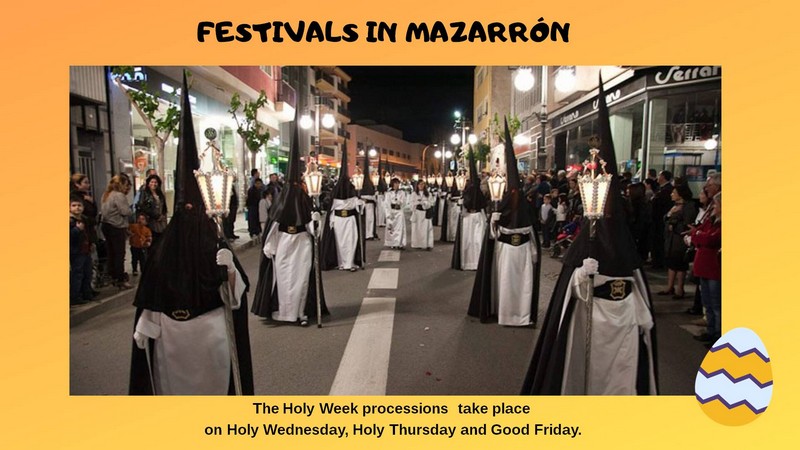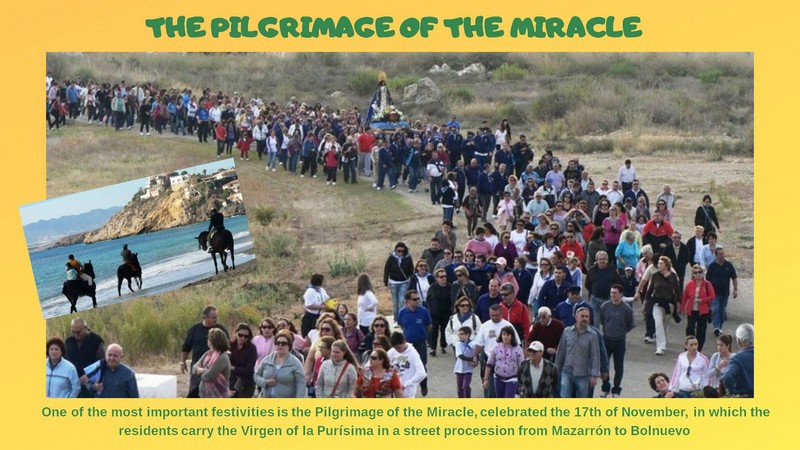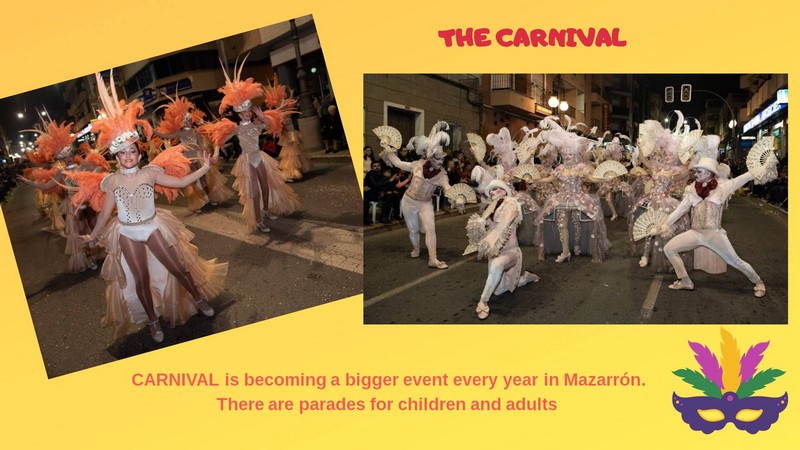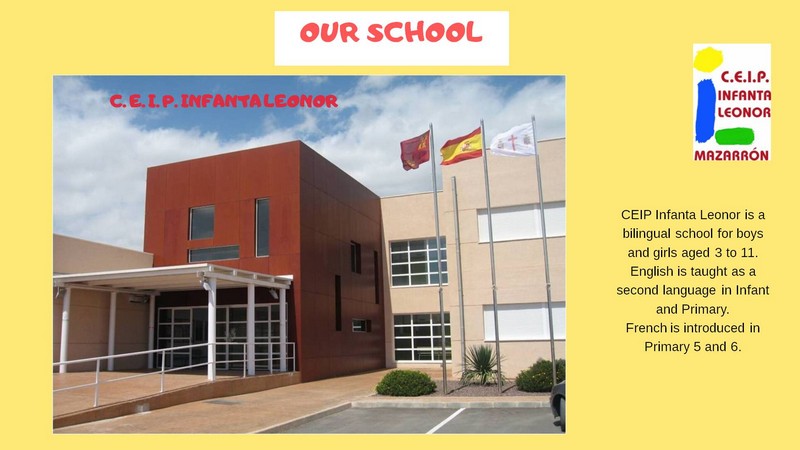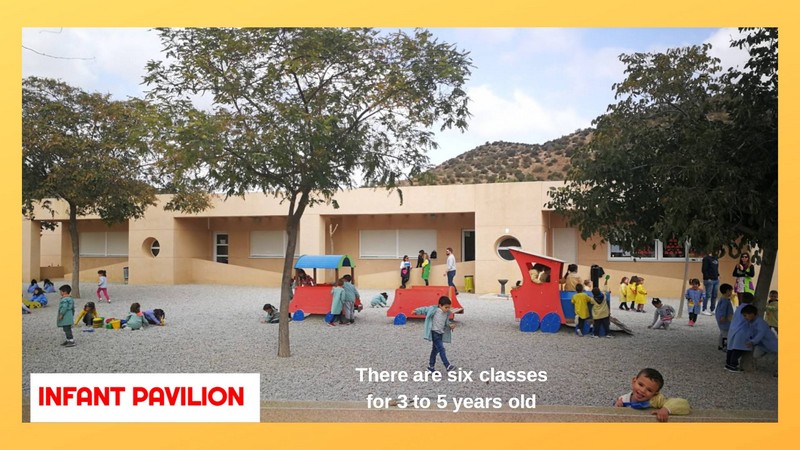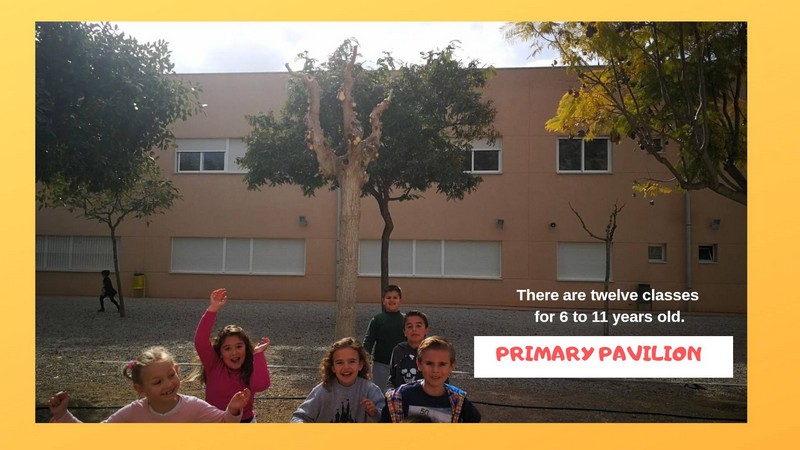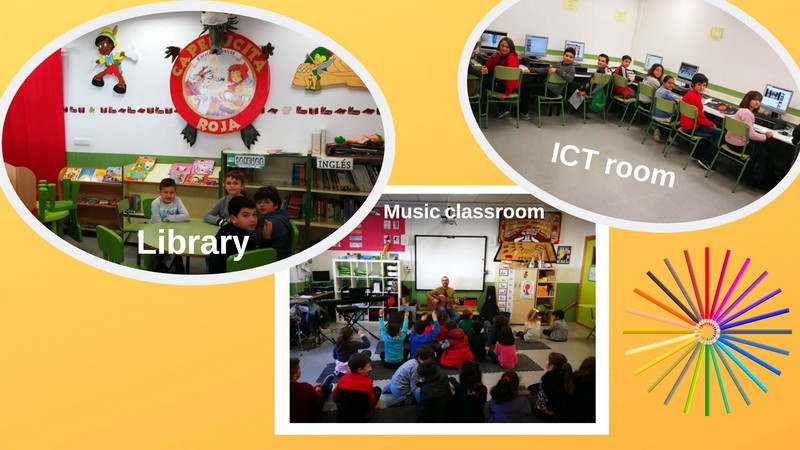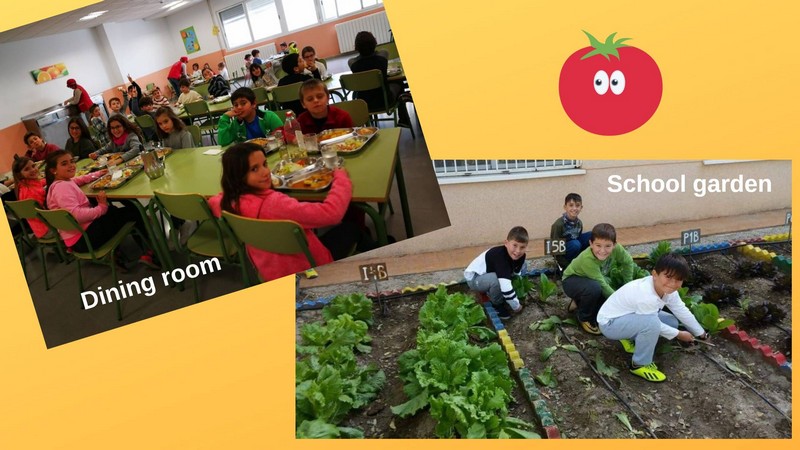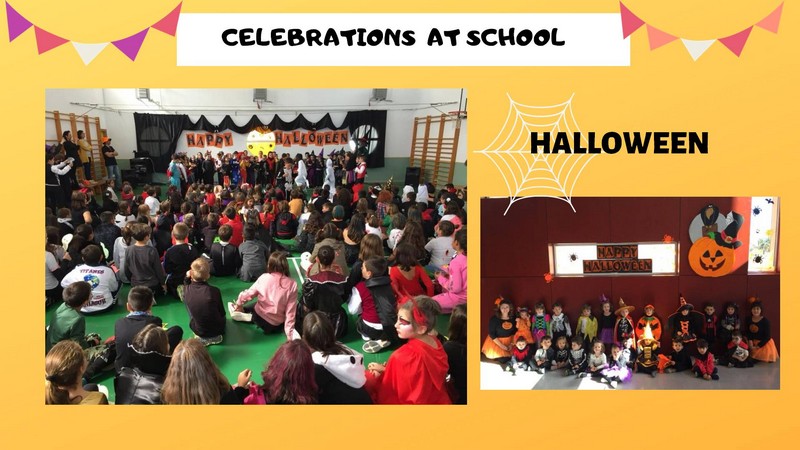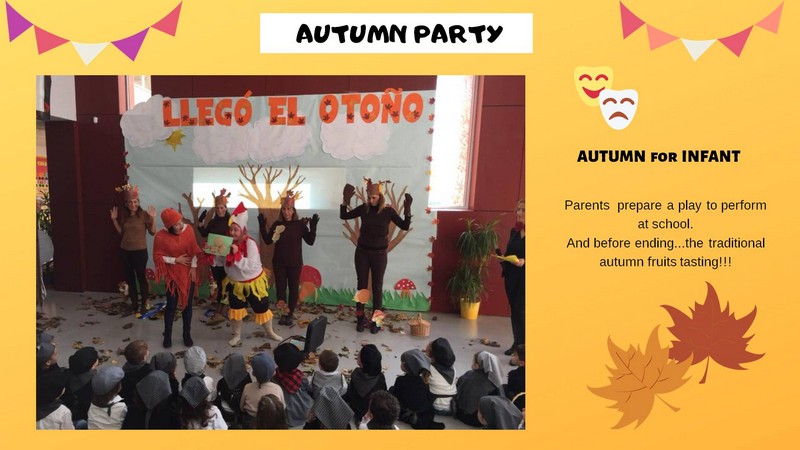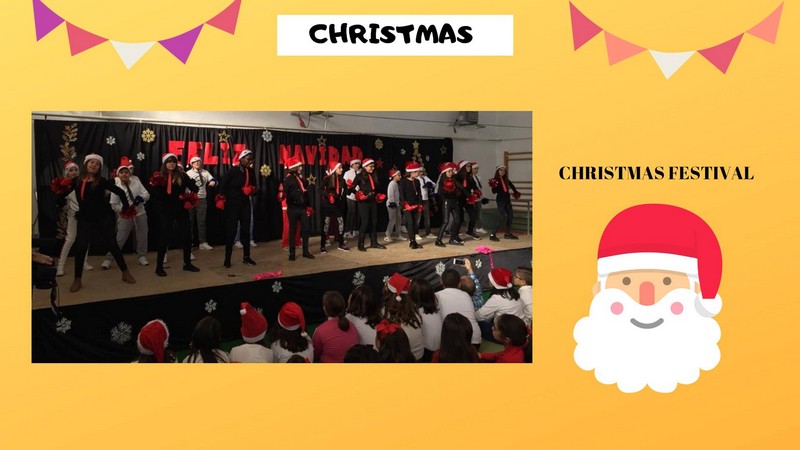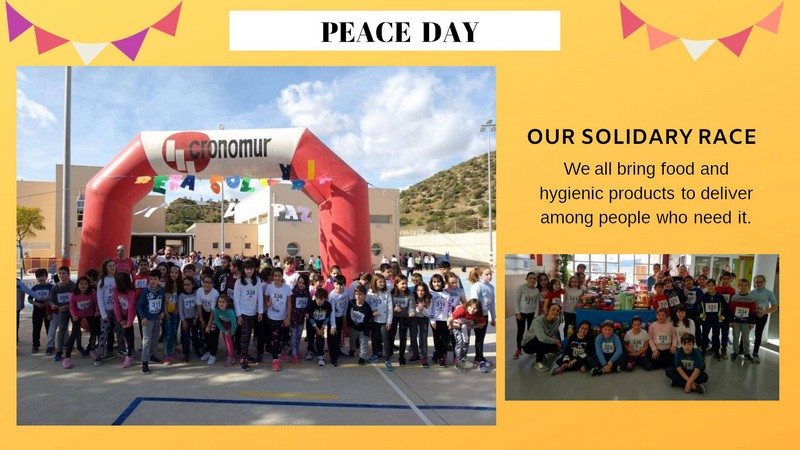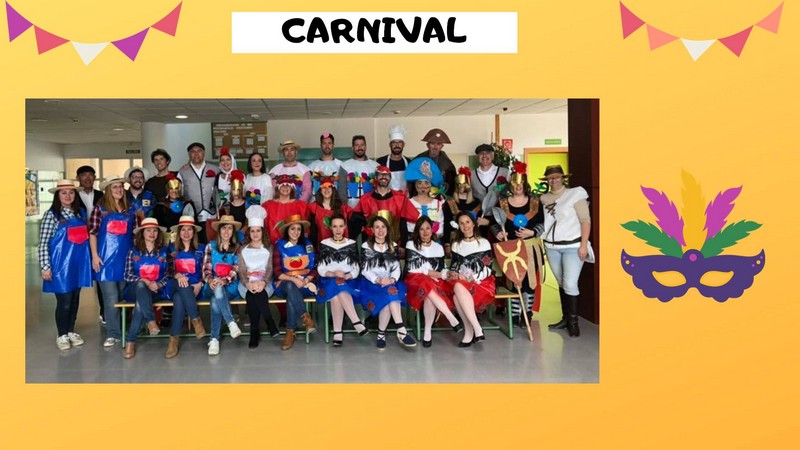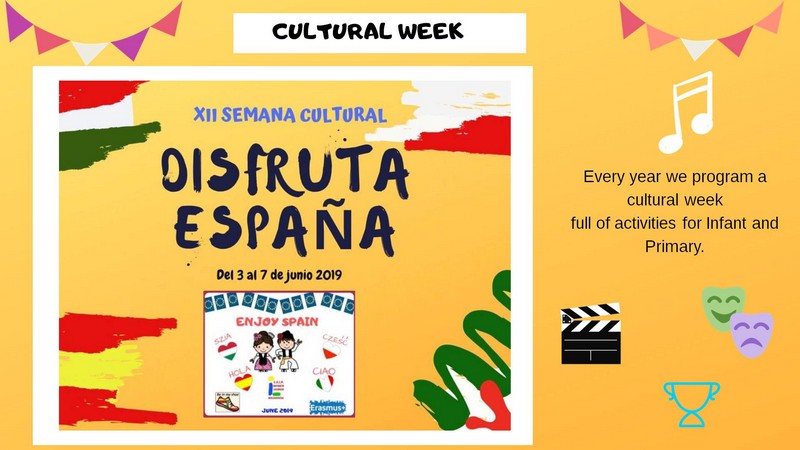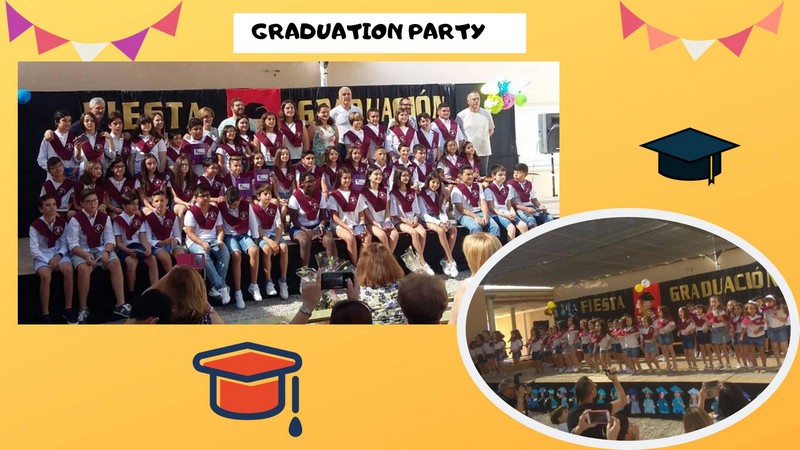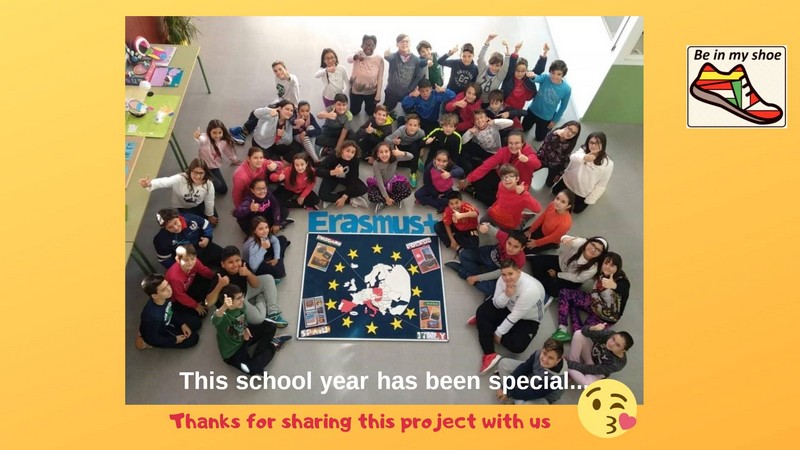Final Evaluation Report
We implemented our project between 01. December 2018. and 31 August 2021. Originally it was planned for 24 months but we had to face unexpected circumstances due to the spread of the SARS-CoV virus and extend the project period to 33 months.
According to the original timetable we divided our project into four project phases and each phase had their specific tasks in the field of organization and project management, preparation, cooperation, teaching, training and learning activities dissemination and follow up activities. We assessed the project implementation after each phase and at the end of the project we summarized the results regarding the whole project as well. We evaluated the project in several different ways. After each phase the coordinators evaluated the project implementation in a coordinators meeting. The participants filled out a questionnaire and express their opinion about the organization and the project activities. The learning outcomes and the students’ reports were presented in our project products-Power Point presentations edited by the students cooperatively and the four volumes of our online magazine. For the final evaluation, beside the participant students, we asked for the parents’ and the teachers’ opinion as well. The local coordinators and the headmasters expressed their thoughts in a final coordinators meeting.
The first phase was led by Hungary and on the basis of the participants’ feedbacks we can say that it reached its aim. Hungary managed to provide rich and memorable program and the meeting had significant effects on the participants. In the first part of the questionnaire the participants expressed their opinions and gave marks for the organization and the different program elements. The trip to Budapest was the most popular programme element. (27 people from 39 gave 10 marks for question 7) The participants gave the second highest scores to the people who organized the programmes. (26/39 gave 10 marks). The weakest point of the programme was the food and the hotel. (question 2) In the second part we asked the students about their personal development. 64% of the participants think that they learnt a lot about Hungary, 62% think that their English was improved and 67% made a lot of new friends from other countries. At the end of the questionnaire our friends left some comments finishing the two sentences about what they liked the best and what they didn’t like. We got a lot of suggestions about the best parts. The most participants mentioned friendly people, sightseeing in Budapest and Eger, organization. getting to know new people, learning about Hungarian culture, great parties, folkdance and the swimming pool in the hotel. Some of them said, that the hotel was too far, the hotel rooms were too hot and some people complained about the food. In our online magazine Titled Discover Hungary, we published the detailed reports of the students about the meeting.
During the second phase Spain was responsible for the organization and the activities. Here the participants appreciated the organization of the programmes, 34 people from 40 gave 9 or 10 marks. The talent show, the nautical sports and the cooking workshops were the three most popular activities, while the weakest point of the programme was the sightseeing in Mazarrón. It proves that participants prefer activities that involve a task. Perhaps this type of visit could have been made as a treasure hunt. Regarding the effects on participants 80% of them think that they learnt a lot about Spain, 57% think that their English was improved and 72% made a lot of new friends from other countries. At the end of the questionnaire the students left some comments about what they liked the best and what they didn’t like. The most participants mentioned the school, the opening ceremony, the games, the talent show, the nautical sports, the people and the sea. Some of them said, that they didn’t like the sea food. Two people mentioned that unfortunately a Hungarian girl had to go to the hospital. There is an interesting comment:” It was too long for a day”. The results show that Spain managed to organize a programme full of new experiences. The students’ writings in the second volume of the online magazine ‘Enjoy Spain’ also proves that the second phase of the project promoted the improvement of cultural competences.
The next phase was coordinated by Italy. The program was also outstanding. 40 of 40 participants gave 10 marks for working in mixed groups. The trip to FICO and the Lamborghini Museum and the food got the second highest score. The third best evaluation had the visit to Verona. The weakest point of the programme was the visit to Venice and the Doge’s Palace. Perhaps the trip was too long and the visit of the Doge’s Palace was not very engaging.
The project also made a significant effect on the participants. 82,5 % of the participants think that they learnt a lot about Italy , 77,5 % think that their English was improved and 95 % made a lot of new friends from other countries.
At the end of the questionnaire the students left some comments about what they liked the best and what they didn’t like. The most participants mentioned the food, the culture they learnt, the cities and the people. Some of them said that they didn’t like leaving the country.
The last phase of the project was postponed because in March 2020 the pandemic situation increased and the schools went over digital teaching. Everybody had to stay at home and became isolated but we wanted to keep our contact alive. We discovered Padlet as a useful tool to implement collaborative exercises and we created four collaborative activity using Padlet. Besides we organized skype lessons in pairs where we discussed several topics in communicative lessons. The students provided us feedback about this period filling a questionnaire. In summary we can say that the in the students’ opinion keeping in touch during the quarantine was important and useful, the significant number of students enjoyed the activities and took part actively. Generally, the Padlets were more popular than the Skype lessons. The most popular Padlet was the Journey through Easter traditions. As a conclusion we can say that our efforts to make this period fruitful and maintain the contact with our partners were successful.
Finally, the host county was Poland. In this phase we realized virtual activities therefore the Polish team confronted a difficult new situation during the organization. In this regard, the people who arranged the program got the best grade (64 students out of 72 gave the best grade). Students also expressed their opinions about online working. The score is not too bad (28 and 29 students gave a grade of 9 and 10) although some students reported technical problems.
Among the programs The Talent Show received the best score of all activities (50 students out of 72 gave the highest grade). The glass painting workshop was the second most popular element of the program (44 pupils out of 72 gave 10 points for this activity). Videos about schools and final exhibitions received less points.
The next part of the survey contains three questions about the effects of the virtual mobility.
72% of students said they have learnt a lot and 26% have learnt some new information. 94% of students expressed their desire to come to Poland. 6% were undecided. This may indicate that the activity aroused the students' interest in Poland and were effective. 90% of students said their English skills improved, 9% learnt new vocabulary and only 1 student said his English skills haven’t improved. At the end of the questionnaire, the students were able to share their opinion on what they liked the best and what they didn’t like during online meetings. Most of the participants liked the most getting to know new things about Poland and Polish culture, having the opportunity to meet and to work together with other countries even in this pandemic situation, virtual visiting others schools and talking with friends, the glass painting workshop, Talent Show and the great organization.
Some participants mentioned that they didn’t like technical problems (Internet connection), online working and that they couldn’t meet in person. Some of them didn’t like the craft workshop because it was too long. Summarizing the results, we can say, that the virtual meeting hosted by Poland was successful in spite of the difficulties. The feedbacks in the ‘Immerse in Poland’ online magazine also confirm these statements.
As we completed our project we made a comprehensive analysis involving the teachers and the parents as well. Our questions were aimed to at the broader aspects of the project, such as the effects on the schools’, and the students or teachers’ personal development. To sum up the results we can say that the project contributed to the personal development and English skills of the students and according to the students’ opinion it plays important role in the development of the schools as well. Their definitely positive attitude towards international projects shows that they enjoyed working in an international environment and they can deal with cultural differences, therefore their intercultural competences improved that was the main aim of the project. The parents’ opinion about the EU project is significantly positive. They find the improvement of foreign language communication the most important for their children. They also appreciate the effects of the cultural exchanges. Generally, the parents’ attitude towards the EU projects is highly supportive and they find that the project represents an added value for the school. The teachers experienced highly positive effects on the students and the school during the project. They found that the project contributed to their professional development as well and stimulates them to use new methodologies.
Our report reflects that our efforts were effective. If we consider the numerous successful activities and project events, the powerful contribution to the development of cultural competences, professional and language skills and the progress and positive estimation of the partner schools we are rightly proud of our work. Our partnership realized a fruitful cooperation thanks to the dedicated and hardworking partners. We hope we can continue with new projects in the future.

